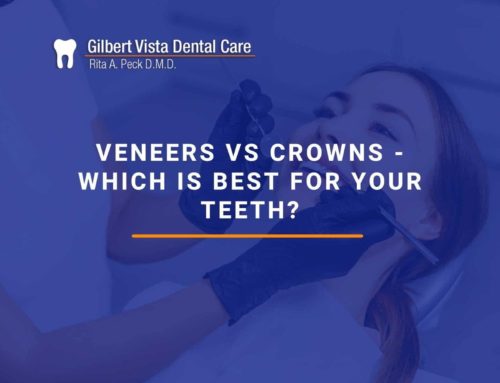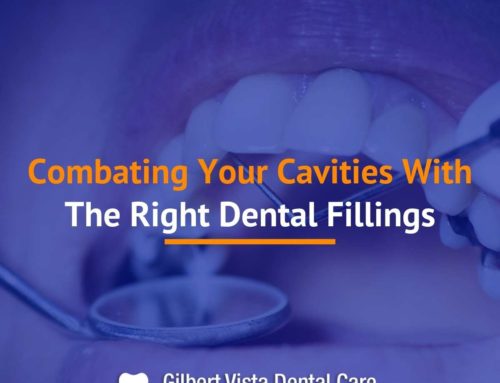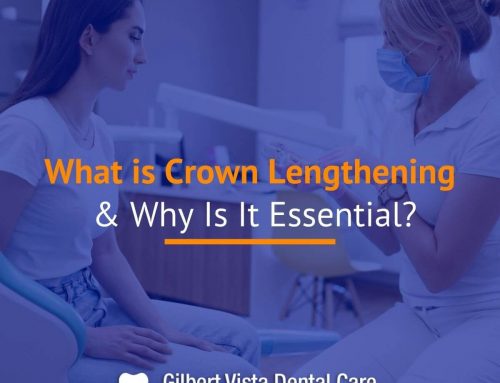The Truth About Crowns and Bridges: 21st Century Restorative Dentistry
In a perfect world, there would be no need to see your dentist in Gilbert, or anywhere else for that matter. Everyone would have perfect teeth, oral cancer wouldn’t exist, and everyone’s gums would be free of gingivitis. That’s not the world we live in, however…

Call Your Gilbert Dentist to Schedule a Dental Exam | (480) 503-5467
The Many Uses of Crowns and Bridges
A crown is often erroneously associated with a root canal, and it used for that purpose, but that it’s the only use it has. What is a crown in dentistry? In a way, a crown is a replacement tooth. If someone has a cracked tooth, or a partially crumbled tooth, a crown is used to reinforce a tooth, and improve the appearance of that tooth. As for root canal work, a crown is applied to the tooth on top of the tooth that was drilled into to protect it better than a filling. But what about bridges?
A dental bridge is composed of two or more crowns and is used a replacement for missing teeth. A lot of people operate under a misconception. To avoid a visit to their Gilbert dentist, a lot of people will simply decide to chew on the other side of their mouth if they’re missing teeth. A good idea at first glance, but after a while your jaw muscles will start to atrophy on one side, and become too taut on the other side. If you are missing teeth on one side, naturally you will not want to chew on that side. That can lead to TMJ, and a trip to an oral surgeon. That’s why bridges are so important, but then so is a lot of restorative dentistry.
Avoid TMJ With The Help of Restorative Dentistry in Gilbert
What is TMJ? According to the Mayo Clinic:
“The temporomandibular (tem-puh-roe-mun-DIB-u-lur) joint (TMJ) acts like a sliding hinge, connecting your jawbone to your skull. You have one joint on each side of your jaw. TMJ disorders — a type of temporomandibular disorder or TMD — can cause pain in your jaw joint and in the muscles that control jaw movement.
The exact cause of a person’s TMJ disorder is often difficult to determine. Your pain may be due to a combination of factors, such as genetics, arthritis or jaw injury. Some people who have jaw pain also tend to clench or grind their teeth, although many people habitually clench or grind their teeth and never develop TMJ disorders. [VIEW SOURCE]
With your teeth restored however, particularly by a restorative dentist in Gilbert, TMJ is potentially less likely.
Read Our Next Article
Gilbert Vista Dental Care
2451 East Baseline Road #210
Gilbert, AZ 85234
(480) 503-5467
View Our Site





